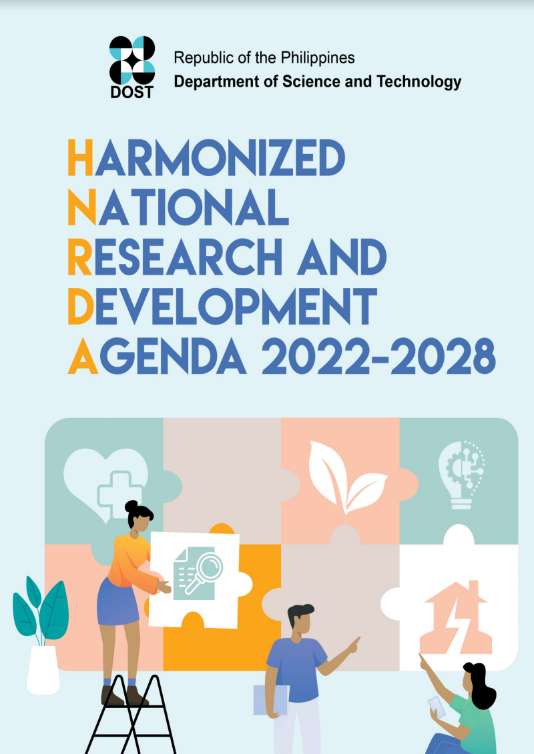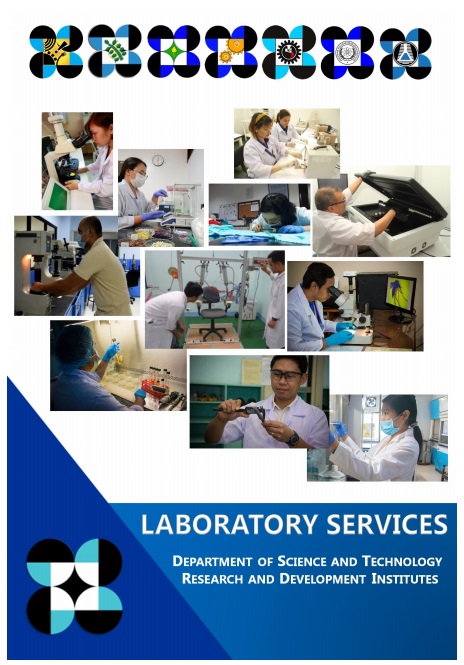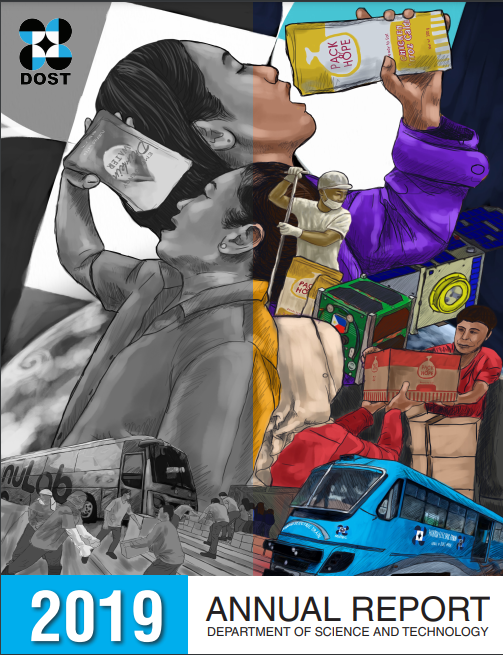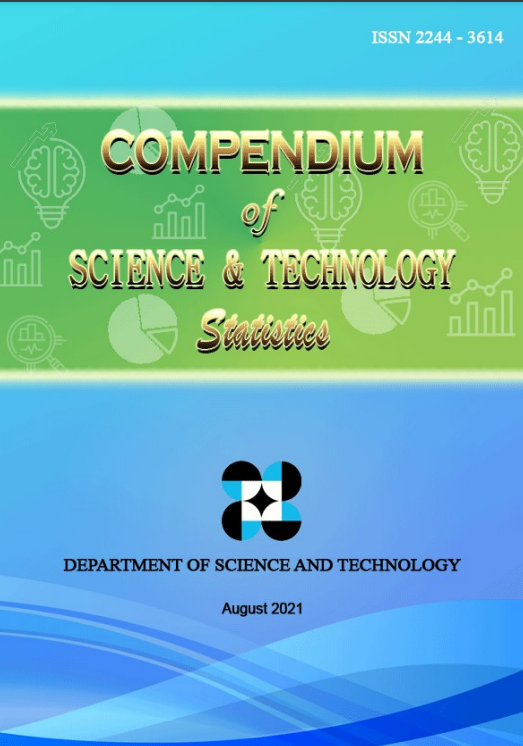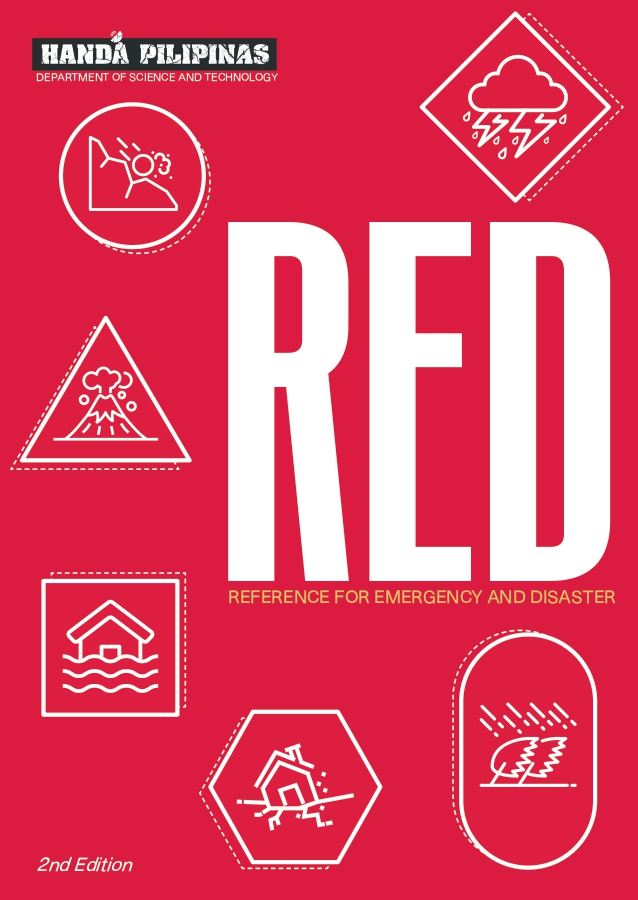Update on Fukushima-Daiichi Nuclear Power Plant Accident in Japan
- Details
- Hits: 3367
Fukushima-Daiichi Nuclear Power Plant Accident in Japan
INFORMATION BULLETIN № 14
28 March 2011
Update as of 10:00 AM
* The DOST-PNRI continues to closely monitor the situation at the Fukushima-Daiichi Nuclear Power Plant.
* The condition in the plant remains very serious but not worsening.
* Extremely high levels of radiation (10 million times normal) appeared to be a reporting error and had been retracted by Tokyo Electric Power Company (TEPCO). Nevertheless, high levels of radiation remain inside the nuclear power plant but pose danger only to the emergency workers.
* Environmental radiation monitoring all over the world including the Philippines has detected very tiny amounts of radioactive isotopes which appeared to be coming from the Fukushima nuclear power plant and which pose no human health hazards.
* Latest DOST-PNRI RADIATION LEVEL CHECK at PNRI grounds as of 9:00 AM, March 28, 2011: 93-115 nSv/hr (nanoSieverts per hour), STATUS: NORMAL
* Based on the PAGASA model, air parcel coming from northern Japan is forecasted to move east towards the Pacific Ocean for the next three days.
* For the latest information, please access the following websites:
o International Atomic Energy Agency (IAEA) (http://www.iaea.org)
o Nuclear and Industrial Safety Administration (NISA) of Japan (www.nisa.meti.go.jp/english/index.html)
o World Health Organization (http://www.who.int/hac/crises/jpn/en/index.html)
* For further advisories, please call the PNRI trunklines with Tel Nos. 929-6010 to 19 or visit the following:
o DOST (www.dost.gov.ph)
o PNRI (www.pnri.dost.gov.ph)
o STII (www.stii.dost.gov.ph)
Climate for You
- Details
- Hits: 3691

(From left, clockwise) DOST Undersecretary Graciano P. Yumul Jr. addresses participants to the Climate Symposium, an event to mark the 61st World and 146th National Meteorological Day at PAGASA Science Garden, QC March 22. The symposium is also netcast throughout the PAGASA weather observation offices in the country.
Mayor Ronaldo Golez of Dumangas, Iloilo presents the town's benefits from the Climate Field School.
Governor Jose “Joey” Salceda of the Province of Albay shares Albay's first best use of climate information.
DOST Undersecretary Graciano P. Yumul Jr. fielding questions from the members of media. Flanking him are PAGASA Acting Administrator Nathaniel Servando (left) and PAGASA Acting Deputy Administrator Vicente Malano (right). Photos by Alan C. Taule, S&T Media Service
PCHRD’s 29th year: Challenges and Innovations in Local Health Technologies
- Details
- Hits: 4510
The Philippine Council for Health Research and Development (PCHRD) will celebrate its 29th Anniversary on March 18, 2011, at the Hyatt Hotel and Casino Manila with the theme “Challenges and Innovations in Local Health Technologies.”
Special guests will be DOST Secretary Mario G. Montejo of the DOST and Department of Health Secretary Enrique T. Ona. Dr. Reynaldo L. Garcia of the National Institute of Molecular Biology and Biotechnology – University of the Philippines Diliman will be the anniversary keynote speaker.
The program includes a panel discussion highlighting the drug development situation in the Philippines in terms of clinical research, ethics, clinical trials regulation and intellectual property rights.
There will be two breakout sessions in the afternoon. Session I will tackle the prevention and control of two infectious diseases, dengue and leptospirosis. Session II will focus on non-infectious diseases like cognitive problems in aging and renal disease. The sessions will be followed by a business meeting of the PCHRD Scholars Society.
PCHRD, one of five DOST sectoral councils, coordinates and monitors health research activities in the country. Since its founding on March 17, 1982, it has advocated a strong health research culture and mobilized resources to generate knowledge, technologies and innovations and their use in Philippine healthcare.
For more information, you may contact PCHRD-DOST at 837-7534 to 37.
DOST Secretary Mario G. MOntejo's Statement on Fukushima Daiichi Power Plant Accident Effect on PH
- Details
- Hits: 3452
The Department of Science and Technology is committed to bringing accurate, reliable, and timely information regarding the Fukushima event and its possible effects to the Philippines. From all the official data and information received by the Department from authorized sources and examined by our experts, the DOST is confident to say that, while the situation in the Daiichi Power Plant is a serious local incident, it poses no risk to the Philippines.
There are confirmed activities still happening in the Fukushima plant that may affect people in the vicinity of the plant, but none of these can have direct effects to the Philippines. Any significant effect is contained only within the boundaries and vicinity set by the Japanese government.
DOST-PAGASA has continually assured that the wind direction coming from the Fukushima plant is going east, away from the Philippines. The current weather also shows no indications of disturbances that can change the wind pattern and direction. The distance of the place of incident from the country also lessens any possible threat as radiation dissipates over distance.
A recent DOST-PNRI’s modeling study also indicates that even on a worst-case scenario , the Philippines being 3,300 kms away from the site of incident, is safe and shall not be affected by any radioactive plume. The DOST-PNRI’s continuous daily monitoring of radiation level in the Philippine environment have shown no changes from its normal levels.
Moreover, the length of days that passed since the incident makes the effect less critical, as the first one and a half days are the most critical due to the possible meltdown. As the days pass by, however, the threat of total meltdown decreases as the reactors are cooled down.
Despite the normal situation apparent in the country, the DOST and its concerned agencies, namely PNRI, PAGASA and Phivolcs, are continuously monitoring all indicators in the country. With the NRRDMC, DOST-PNRI has also put in place the Philippine National Radiology Emergency Preparedness and Response (RadPlan) in cases of nuclear emergency.
We also continue to advise our people to access accurate information from the PNRI Emergency Response Center at 929-4719 or 920-8738 or log on to the following: http://www.pnri.dost.gov.ph, http://www.dost.gov.ph, http://www.science.ph, or http://www.stii.dost.gov.ph.
(Sgd) SEC. MARIO G. MONTEJO
March 17, 2011













